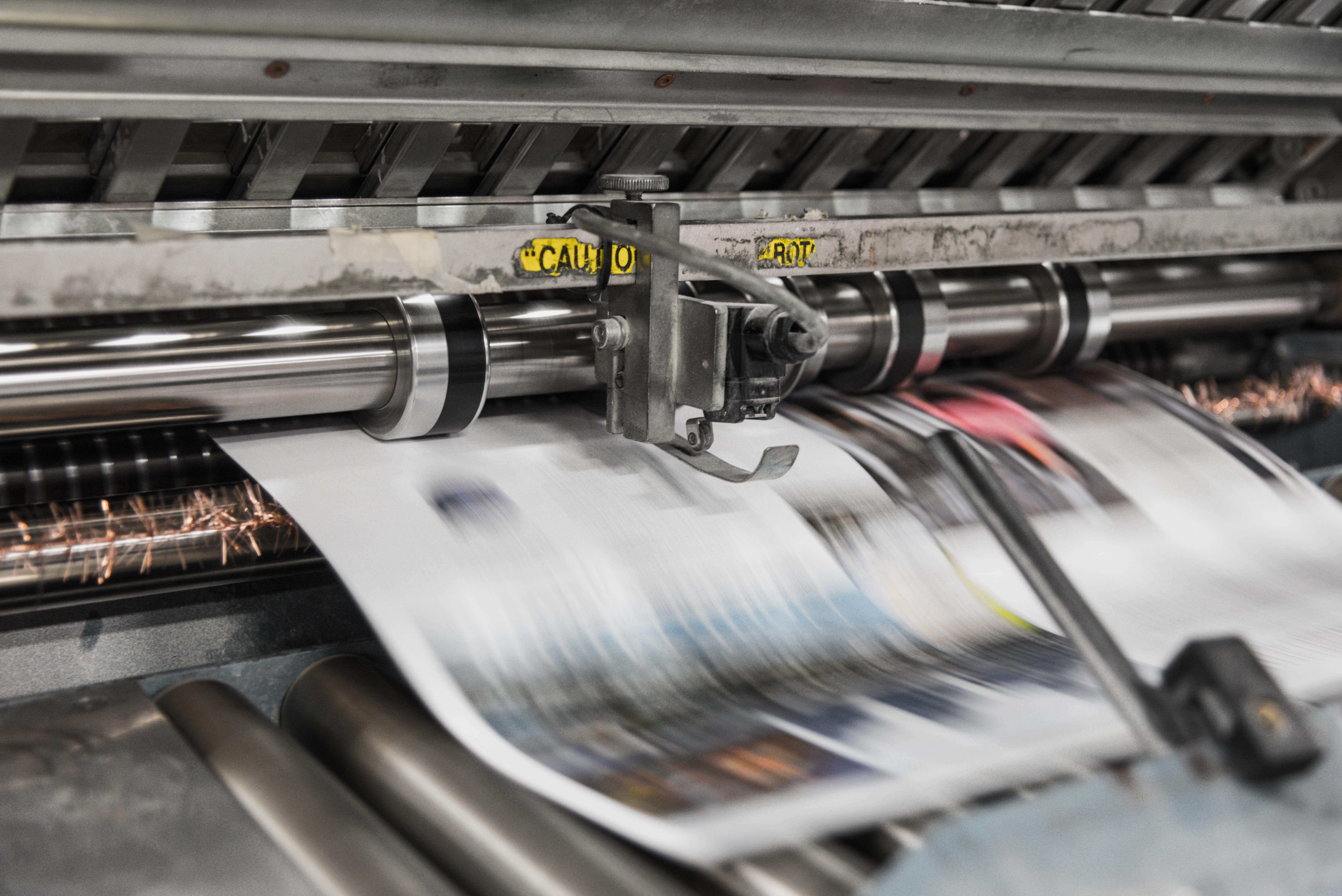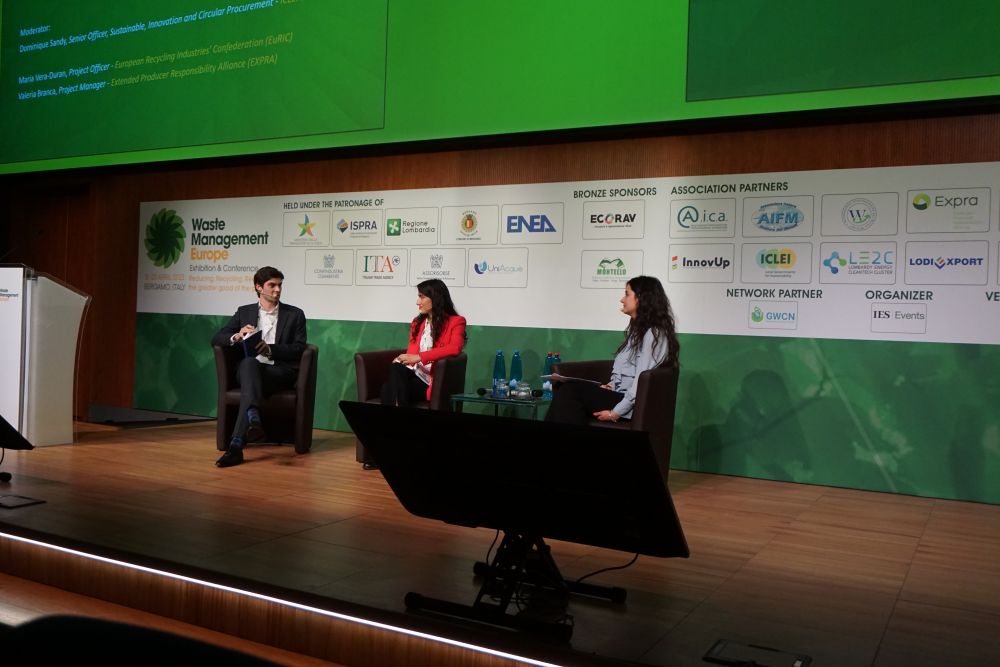News
Waste is a resource across the entire production chain
13 Jun 2023
Sustainable waste management begins even before the waste is created. It is not enough to just recycle and reuse waste correctly. The choices made before the design and consumption of a product that reduce waste are key to creating a sustainable, circular economy that sees waste as a resource. These were the main messages of ICLEI - Local Governments for Sustainability during the Waste Management Europe Conference (WME) which took place from 18-20 April in Bergamo (Italy).
ICLEI was a key partner of this annual conference bringing together key stakeholders from the waste management sector, including government and policymaking representatives, industry leaders, and others working on making the waste sector in Europe more sustainable and circular. Through panel discussions, networking stands and interactive sessions, the event highlighted the latest innovations and best practices in waste management and the circular economy.
ICLEI believes that a sustainable society requires an economic model that separates economic growth from resource depletion and environmental degradation. This requires a circular economy that replaces the linear take-make-waste model. ICLEI’s work tackles issues of production, consumption and waste prevention from multiple perspectives: from enabling technological innovation in waste management, to fostering and raising citizen engagement and awareness. As a network of cities and towns, ICLEI also focuses on supporting local governments take the lead in the transition to a circular economy, for example through the European Circular Cities Declaration (CCD), which aims to provide a shared, common vision of a circular city, enabling communities to act as a joined force in harnessing their circular potential.
At WME 2023, ICLEI got the opportunity to have a stand where it presented the CCD, alongside projects such as CityLoops, SYMSITES, CIRCULAR BIOCARBON, CircularInvest, Definite-CCRI, Big Buyers Working Together and Bus-GoCircular. It also got the chance to further articulate its circular vision in two panel discussions. The first one focused on how to turn e-waste, Europe’s largest growing waste stream into a resource; while the second highlighted the upcoming challenges, opportunities, developments and regulations related to plastic and paper waste.
The two panel discussions ICLEI participated in at WME showed the importance of sharing knowledge to realise the true value of waste, especially in the context of e-waste. Everyone spends so much time behind screens, but we barely know what is inside our devices, and how valuable they can be even when they are broken. How many electronic devices do you keep unused in hidden drawers around your house?
At the same time, the panel discussions also showed that it is not only citizens who lack knowledge. The EU is setting universal targets for recycling waste, without always having a clear overview of what is possible in local contexts. It is hard to effectively harmonise rules when there is still a big divide between localities in Eastern and Western Europe. There must be more dialogue with local authorities to gain a better understanding of the needs of each country.
ICLEI supports local governments,through facilitating capacity building and knowledge exchange between public authorities. Signatories of the Circular Cities Declaration can for example participate in webinars where the latest developments and best practices related to topics such as the reuse of textile or circular food systems are explored. In addition, ICLEI recently published the CCD report, the widest ever assessment of circular economy practices across Europe's cities.
All news

